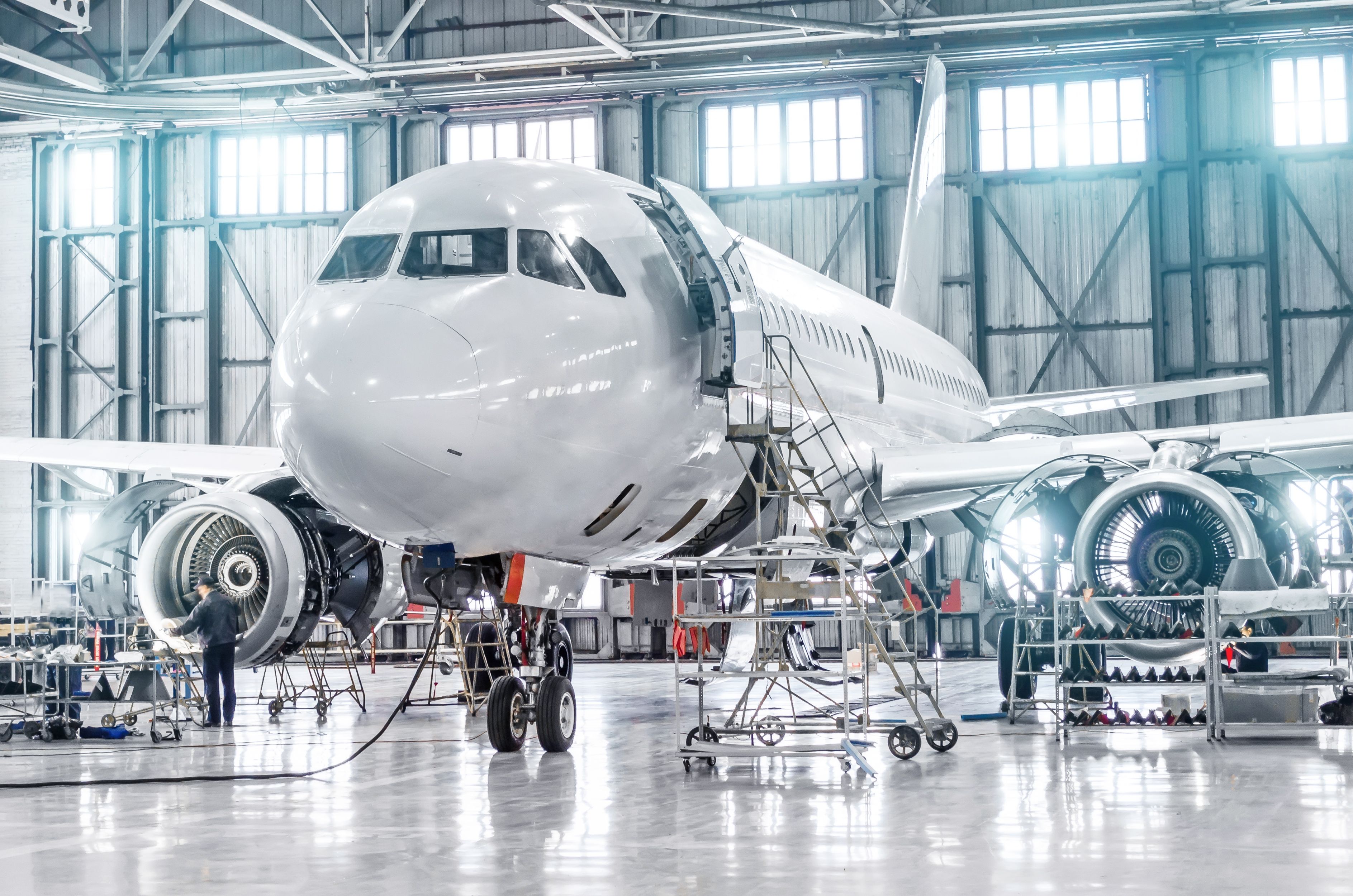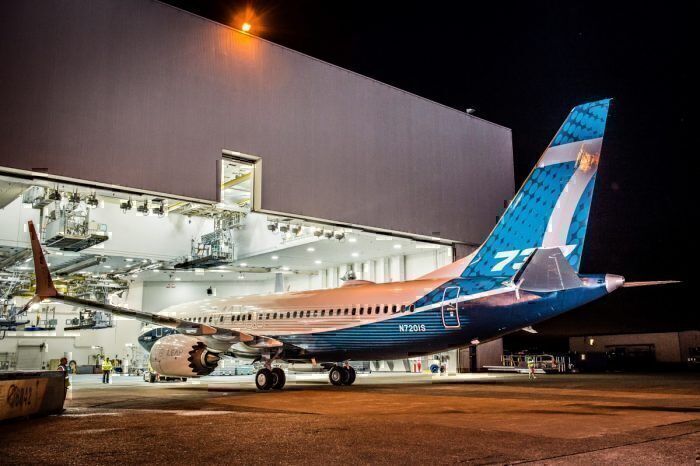Aircraft mechanics play an important role in keeping the aircraft maintained and airworthy at all times. Passengers are generally unaware of the work that is put into maintaining the aircraft they fly on. Working behind the scenes, aircraft mechanics specialize in maintenance, repair, and overall (MRO) services. Aviation MRO refers to the specific repair, service, or inspection of an aircraft. The practice encompasses all maintenance activities done to ensure the safety and airworthiness of an air transport vehicle.
With commercial air travel gradually picking up after the global pandemic, the demand for MRO services and hence aircraft mechanics will significantly increase. In 2019, International Air Transport Association (IATA) reported,
“It is forecasted that the average world citizen would travel once every 21 months. As the value of the aviation market steadily climbs, supporting operations and aircraft MRO facilities will be in more demand than ever before.”
Not all aircraft mechanics work directly for airlines. Many airlines outsource their maintenance and repair work to large MRO providers. MRO services are either done on-site or ferried to MRO hangers.
Photo: aaapp/Shutterstock
Benefits for aircraft mechanics
Aircraft mechanics generally receive competitive pay along with frequent overtime work opportunities. Overtime depends on the amount of work required to be completed by the service provider. It is common for a busy aviation MRO to pay one-and-one-half or even double wages to mechanics who sign up to work overtime. Mechanics can make an additional 50% of their regular pay rates.
One of the incentives of working as an aircraft mechanic is the opportunity for discounted or completely free fares. As appealing as it sounds, it is not so simple. Aircraft mechanics who work directly for the airline are more likely to enjoy free flight benefits or enroll in discounted flight programs. This is because the airline can offer open or standby seats to its employees.
However, it greatly depends on the type of airline (legacy carrier or low-cost carrier) and its employee benefits policies. Each airline has its own internal policy on how they handle free and discounted flights for workers. Some policies may also change with time and are based on the airline’s financial situation.
Restrictions to benefits
Airlines keep strict policies and establish rules and restrictions for discounted or free fares. In most cases, the employee discounted fare program only works during non-blackout dates. This means that employees likely cannot find a discounted or free seat on popular weekends and holidays.
Photo: Boeing
Airlines prefer employees to opt for seats that are likely to go unfilled by regular passengers when looking for discounted or free flights. Some airlines also force employees to remain on standby when choosing a free fare. This means that employees can only travel on unfilled rather than revenue-passenger seats. Similar restrictions exist for the time of day, and route one hopes to fly.
Mechanics that work outside the primary airline, such as third-party MRO service companies, are generally unable to receive discounted or free flights. The outsourced mechanics are usually unable to participate in the airlines’ discounted programs. Not only that, third-party workers are often deprived of health and retirement benefits.
What do you think about the flight benefits some aircraft mechanics enjoy? Tell us in the comments section.





